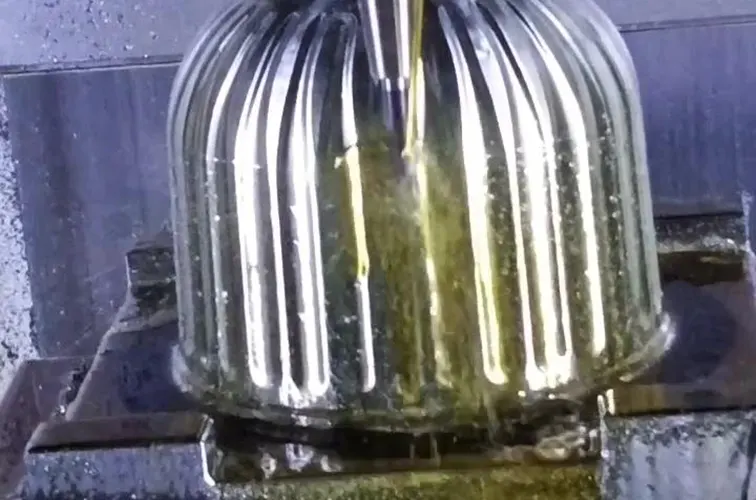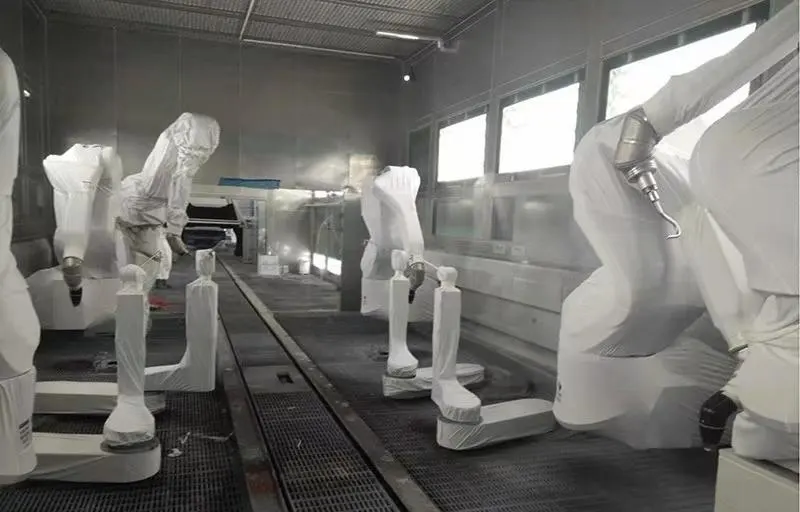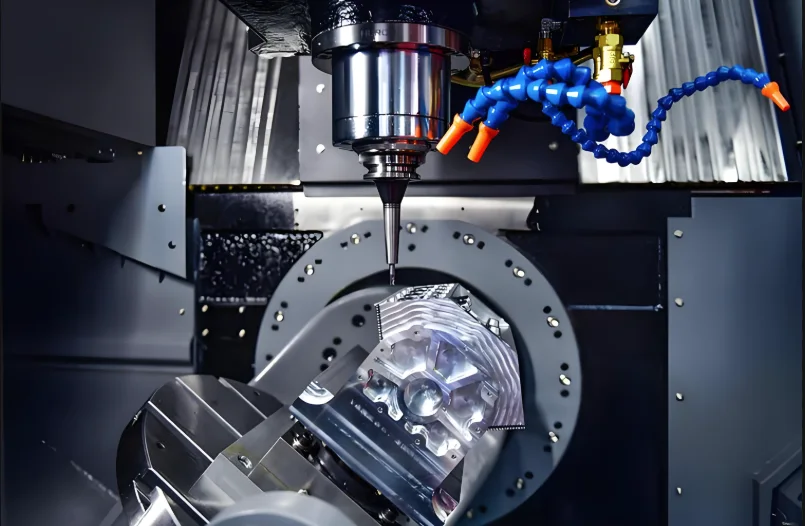Exploration of Precision Machining Technology in Die & Mold Manufacturing
Precision machining technology in mold manufacturing is progressively evolving toward greater efficiency, environmental sustainability, and intelligence, with the core focus on enhancing machining accuracy, surface quality, and production efficiency.






